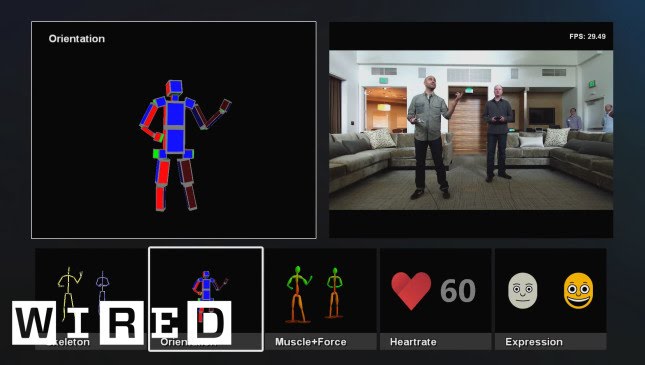Virtual Assistants: Capabilities and Limitations
Summary
In this article, we explore the capabilities and limitations of virtual assistants such as Siri, Google Assistant, and Alexa. We delve into the various questions and statements posed to these assistants, including their abilities to listen, their consciousness, and their sense of jealousy towards each other. We also examine their programmed functions and abilities, and their respective companies’ approach to privacy.
Table of Contents
- The Listening Capabilities of Virtual Assistants
- Consciousness and Jealousy: Debunking Myths
- Programmed Functions and Abilities
- Privacy Concerns
- Conclusion
The Listening Capabilities of Virtual Assistants
One of the most common concerns with virtual assistants is their ability to listen in on conversations. However, as Siri, Google Assistant, and Alexa all confirm, they are designed to wait in standby mode until activated by a specific wake word or phrase. This means that they are not actively listening to every conversation in the room.
Consciousness and Jealousy: Debunking Myths
Despite their advanced programming, virtual assistants are not conscious beings and do not possess emotions such as jealousy. They are programmed to respond to specific commands and queries, and their responses are based on algorithms and data.
Programmed Functions and Abilities
Virtual assistants are capable of performing a wide range of functions and tasks, from setting reminders and alarms to playing music and answering general knowledge questions. They can also offer tips on various topics, such as killing mosquitoes or telling jokes. However, there are limitations to their abilities, and they may not always provide accurate or complete information.
Privacy Concerns
As with any technology that collects data, there are privacy concerns surrounding virtual assistants. However, as Siri, Google Assistant, and Alexa all confirm, their respective companies take privacy seriously and have implemented measures to protect user data. For example, Siri anonymizes data and does not associate it with an individual’s Apple ID, while Google Assistant allows users to delete their voice recordings at any time.
Conclusion
Virtual assistants such as Siri, Google Assistant, and Alexa have become an increasingly common part of our daily lives. While they offer a range of useful functions and capabilities, it is important to understand their limitations and potential privacy concerns. By being aware of these factors, we can make informed decisions about how we use and interact with these technologies.





